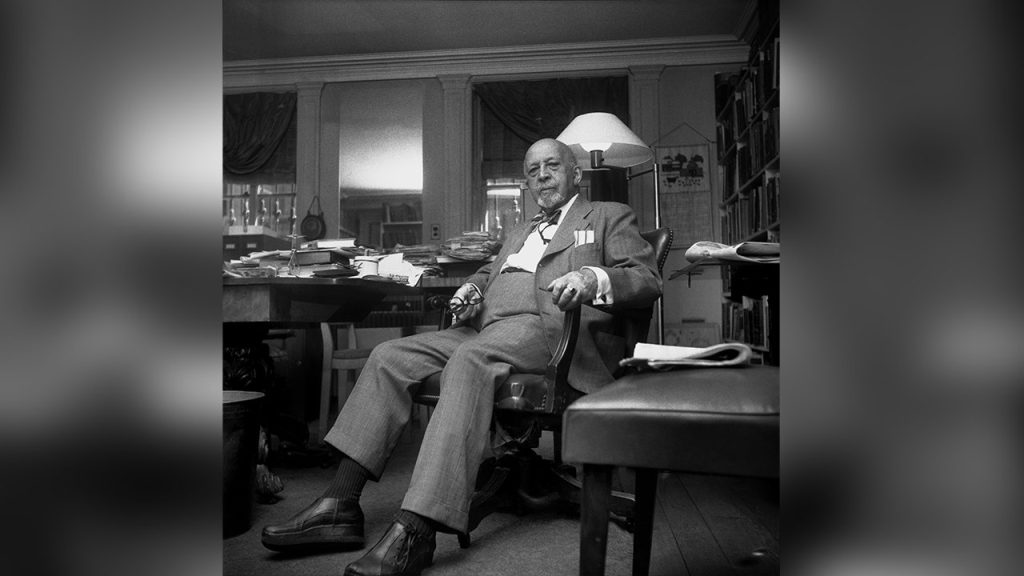W.E.B. Du Bois, a prominent American sociologist, author, and civil rights activist, died on August 27, 1963, in Accra, Ghana at the age of 95. He was a key figure in the Black protest movement in the United States during the first half of the 20th century and co-founded the NAACP. Du Bois was born in Great Barrington, Massachusetts to parents of mixed-race Bahamian heritage. Raised by his mother and extended family, he received a college preparatory education at a racially integrated high school and went on to become the first African American graduate from Harvard University. He later obtained a PhD from Harvard in 1895.
Du Bois played a significant role in the founding of the NAACP in 1909 and served as the editor of its magazine, The Crisis, from 1910 to 1934. He was the first Black American to earn a PhD from Harvard and was an outspoken advocate for civil rights. Du Bois married twice and had two children. His first wife passed away in 1950, and he later married Shirley Graham, who remained his wife until his death. Throughout his career, Du Bois conducted insightful sociological studies, including a groundbreaking examination of Philadelphia’s Seventh Ward published as “The Philadelphia Negro” in 1899, using statistical methods for sociological analysis.
Du Bois rose to national prominence while working as a professor at Atlanta University, where he publicly opposed Booker T. Washington’s “Atlanta Compromise.” He criticized Washington for not advocating for full equality for African Americans as guaranteed by the 14th Amendment to the Constitution. Du Bois’ collection of essays, “The Souls of Black Folk,” published in 1903, is considered a landmark in African American literature. In addition to his work with the NAACP, Du Bois initiated a project to create a new encyclopedia of the African diaspora, supported by the government of Ghana. He moved to Ghana in 1961 and became a citizen of the African country.
In his later years, Du Bois continued to advocate for social and racial equality until his passing in Ghana on August 27, 1963. His death coincided with the day before the historic March on Washington for Jobs and Freedom. Despite his advanced age, Du Bois remained committed to fighting discrimination and injustice until the end. The NAACP, which he helped establish, continues to work towards removing barriers to racial equality through democratic processes. Du Bois’ enduring impact on civil rights and sociological research solidified his legacy as a pioneering figure in the fight for social justice and racial equality in the United States and beyond.


